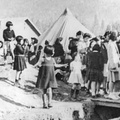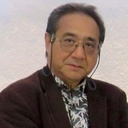
Yusuke Tanaka
@discovernikkei2021511Immigrated to Canada in 1986. BA in Sociology from Waseda University. A freelance writer for the Japanese media; a regular columnist for Vancouver-based JCCA Bulletin and Fraser Journal since 2012. Former Japanese editor of the Nikkei Voice (1989-2012). Co-founder of the Katari Japanese Storytellers since 1994. Lecturer on the Nikkei history at various universities in Japan. His translation Horonigai Shori, the Japanese edition of Bittersweet Passage by Maryka Omatsu was awarded The 4th Canadian Prime Minister Award for Publishing in 1993.
Updated March 2020
Stories from This Author
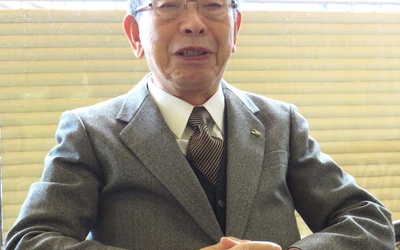
Part 3: Nikkei Communities in Canada and the “Imperial Headquarters Announcement”
May 9, 2022 • Yusuke Tanaka
After World War I, Japan joined the League of Nations and the Anglo-Japanese Alliance was annulled. The extension of the Anglo-Japanese Alliance was strongly opposed by the British Dominion of Canada. Canada distanced itself from Britain, strengthened its autonomy, and placed greater importance on friendly relations with the United States for its security. Japan’s growing economic and military power and blatant expansionism already posed a threat to the Western powers. It may have been a natural consequence that their vigilance was amplified …
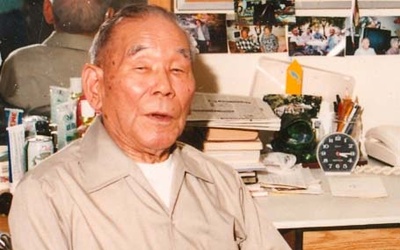
Part 2: The Removal of “Men Only” Expanded to “All Japanese Canadian”
May 2, 2022 • Yusuke Tanaka
Read Part 1 >> After the attack on Pearl Harbor in January 1942, the Canadian government announced that it would send Japanese men between the ages of 18 and 45 to the road camp. Iwaichi Kawashiri, the 44-year-old owner of the boarding house then, was the camp leader and elder. He was an intelligent and courageous man to be recognized. Mr. Kawashiri gathered over 30 men from Tottori prefecture, and a total of 108 Japanese men headed to the road …
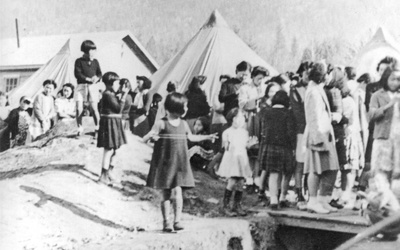
Part 1: How the Nikkei were dragged into war
April 25, 2022 • Yusuke Tanaka
February 19, 1942, when Executive Order 9066 was issued, is the “Day of Remembrance” for Japanese Americans. This day should never be forgotten. For Japanese Canadians, February 26, 1942—or Order-in-Council P.C. 1486—would be the equivalent. This year marks 80 years since the internment of Nikkei. By focusing on the stories of Issei and Nisei leaders in particular, this three-part series introduces their history to reveal how the Japanese Canadian community was pulled into the war. * * * * * …
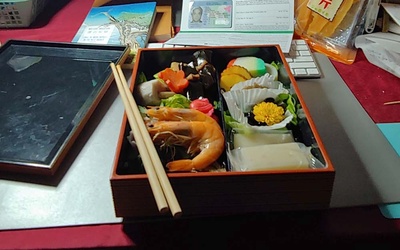
Ohitori-sama Osechi Table
Feb. 10, 2022 • Yusuke Tanaka
From Delta to Omicron. The year 2021, too, passed by like a flash in the midst of the Covid-19 pandemic. In the spring, the owner of our house, who had lost her job due to the pandemic, said she would put our house up for sale. Oh my goodness. Does that mean I’m going to become homeless after all? As I made a fuss over it, a social worker and friend of mine emailed me, “Apply for community housing as …
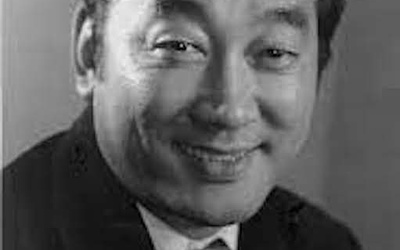
Entertainer in Japan under GHQ occupation: Japanese-Canadian Nisei actor and singer Sally (Satoshi) Nakamura
June 9, 2021 • Yusuke Tanaka
According to Ken Adachi’s The Enemy That Never Was, there were about 1,500 Japanese-Canadians in Japan at the time of the Pearl Harbor attack (1941). Deprived of a chance to return home, many of them were labeled “hostile citizens” and were relentlessly told by the authorities to change their nationality to Japanese. Among the former members of the Vancouver Asahi who joined the Japanese military were Tamio Noda (died in war) in Wakayama and Ken Nakanishi (wounded in war) in …
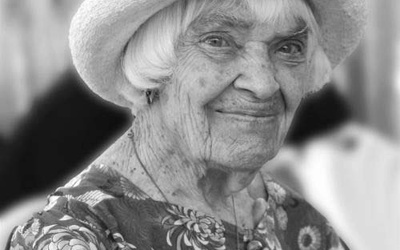
Songs of Memories of a Caregiver—A House Where the Memories of a Canadian Japanese Family Lived
Feb. 23, 2021 • Yusuke Tanaka
The Japanese verb Sumu consists of three homonyms which include 住む (to live), 澄む (to become clear), and 済む (to finish). These three homonyms were etymologically derived from the same verb. If you try to put these three on a timeline, then you will see a time flow of past, present, and future; the flow slowly descends in-motion to a halt, or the process of settling in a place, purifying the mind, and the life finishes. People call it “大往生 …
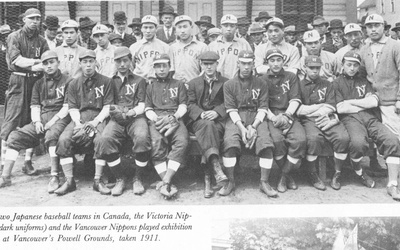
Legacy of Vancouver Asahi revived in the life of players and their descendants
Jan. 14, 2021 • Yusuke Tanaka
As I was reading Yobun Shima’s “Family History of Kenichi Doi, Vancouver Asahi pitcher in 1926” submitted to the series “More Than a Game: Nikkei Sports,” the past 30 years of my life with the Asahi flashed through my mind. This is my memoir of the Asahi. ***** My journey with the Asahi started with Pat Adachi’s book ASAHI: A Legend in Baseball which was published in 1992. I remember that Pat came to the editorial office of Nikkei Voice one …
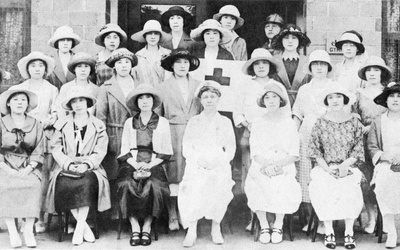
Waves of Pandemics and the Prewar Japanese Canadian Community
Oct. 23, 2020 • Yusuke Tanaka
The 1918 influenza epidemic swept the world for two years, infecting 500 million people and killing approximately 50 million. The outbreak first infected World War I soldiers on the battlefield, and the pandemic occurred as the soldiers returned home from the war zone, spreading the virus all around the world. Canada was not an exception, and nearly 50,000 Canadians died. Meanwhile, racism against Japanese immigrants seemed to have toned down during the war (1914-1918). This was partly because Japan’s warships …
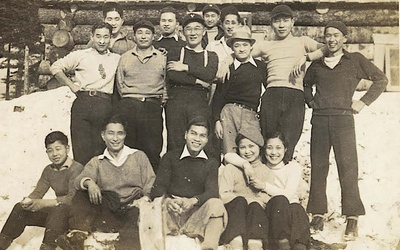
Sporting Niseis of 1930s: Posing on Camera - Part 2
March 6, 2020 • Yusuke Tanaka
Read Part 1 >> Tenning-san The man called “Tenning-san” refers to Jujiro Takenouchi (1869–1937), who grew up in Kuwana, Mie, graduated from Navy Comptroller School at the top of the class, and in 1898 he was posted in London, England as the military officer at the Japanese Embassy. Lieutenant Commander Takenouchi was in charge of building warships as a preparation for the Japan-Russo War. While there, a great amount of unaccounted funds for expenditure was revealed. At the military tribunal …
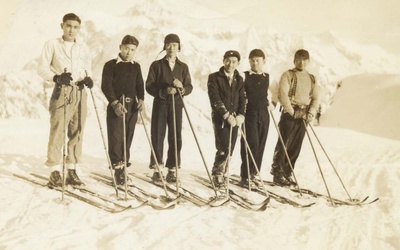
Sporting Niseis of 1930s: Posing on Camera - Part 1
March 5, 2020 • Yusuke Tanaka
In 1930, Vancouver’s Asahi baseball team won the Terminal League Championship for their second time. Thereafter, Asahi won the championship of the Burrard League three times straight starting in 1938 before coming to a halt after the Pearl Harbor attack, after which the members were sent to road camps, internment camps, or POW camps. The whole local Japanese Canadian community was into the baseball craze. It was a decade that started with the world crisis and ended up in war …

